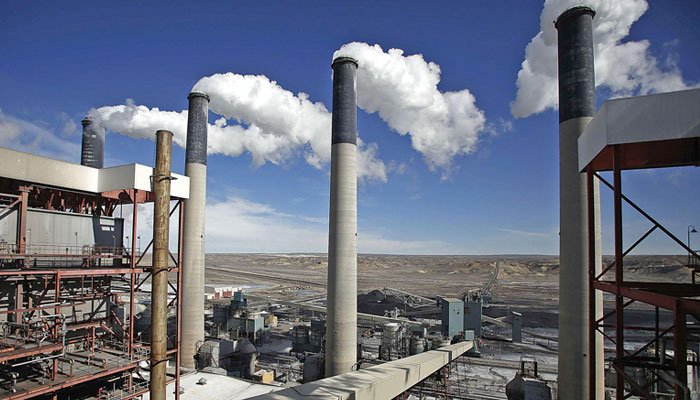The federal government is in the final stages of crafting its inaugural
Petrochemical Policy, aimed at enticing investments in both the upstream and
midstream sectors to kickstart domestic petrochemical manufacturing.
The Engineering Development Board (EDB), in collaboration with key stakeholders
from the public and private sectors, is refining the Petrochemical Policy of
Pakistan 2023. This initiative aims to initiate local production of essential
petrochemicals such as polypropylene, polyethylene, LAB, and more. The goal is
to ensure sustainable development by ensuring a local supply of plastic resins for
downstream engineering industries.
The Secretary of the Ministry of Industries & Production (MoI&P) has overseen
several sessions to assess progress on the policy. Attendees included
representatives from the Pakistan Chemicals Manufacturers Association (PCMA),
significant private sector petrochemical producers, the Ministry of Commerce
(MoC), the National Tariff Commission (NTC), and the EDB.
Te draft policy was submitted to the Ministry in July 2023. It is now undergoing
review and comments from relevant Ministries/Divisions, after which it will be
presented before the ECC of the Cabinet.
The petrochemical midstream segment encompasses Monomers and Polymers
derived from naphtha cracking, essential components for creating plastic
products used in various industries like packaging, construction, automotive, and
more.
Local companies in Pakistan’s petrochemical sector, including Lucky Core
Industries, Gatron-Novatex, Lotte Chemicals, Tufail Chemicals, and Engro Corp,
have urged the government to establish a long-term petrochemical policy. Such a
policy would facilitate investments in the midstream sector and promote the
substitution of critical imported chemicals.
While Pakistan currently manufactures major petrochemical products like PVC,
PS, PTA, PET, PA, and LABSA, there are further products with substantial local
demand ready for investment and production.
The total local demand for petrochemicals is approximately $5.3 billion. Locally
manufactured petrochemicals constitute about $1.8 billion of this, while the
remaining $3.5 billion is met through imports.
The proposed Midstream Petrochemical Policy is anticipated to yield several
benefits. These include a stable supply of raw materials for downstream sectors
such as textiles, construction, automobiles, pharmaceuticals, and more. It is
expected to bolster exports in value-added sectors like textiles once local
chemical production for artificial fibers is established. Additionally, it will also
reduce Pakistan’s trade deficit through import substitution.
Industry estimates suggest that the Policy could generate around 50,000 direct
and indirect jobs, attract approximately $3.5 billion in investments, and
contribute at least 1% to the GDP.
Key incentives requested by the industry include maintaining import tariffs on
petrochemicals as of July 2022 for 15 years on locally manufactured midstream
petrochemicals, increasing duty on intermediate and final petrochemicals once
local production commences, and providing exemptions from duties and taxes for
imported Plant and Machinery used to create this capacity. Additionally, the
industry seeks a 15-year income tax holiday, including minimum turnover tax,
along with exemptions from existing and new taxes. Infrastructure facilitation and
low-cost financing are also crucial aspects.







